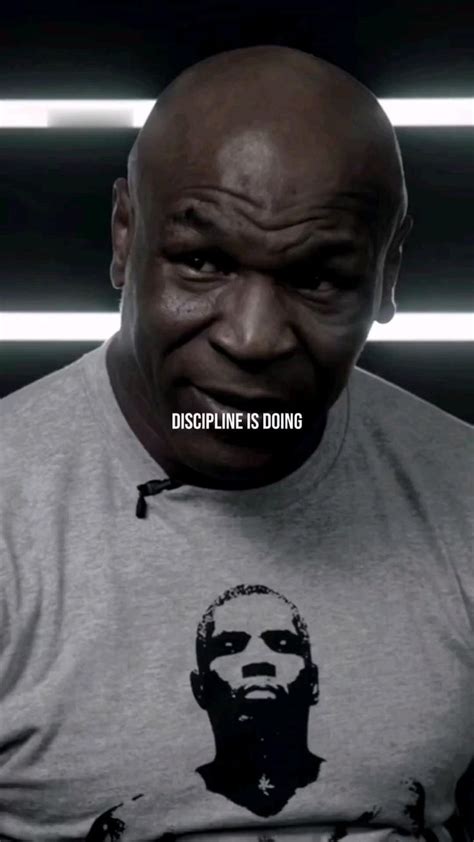Understanding the internal criteria by which many men evaluate their self-worth offers crucial insights into male psychology and societal expectations. While individual experiences vary widely, common themes emerge that highlight the deeply ingrained metrics men often use to gauge their value, both to themselves and to the world around them.
The Drive for Competence and Achievement
For many men, a significant pillar of self-worth is built upon a sense of competence and tangible achievement. This often translates into professional success, career progression, or mastering a particular skill set. The ability to perform effectively, solve problems, and achieve goals can provide a powerful sense of validation. This isn’t just about external recognition; it’s about an internal feeling of being capable and effective in their chosen domains, whether that’s at work, in hobbies, or in personal projects.

This prioritization can lead to a relentless pursuit of improvement and a fear of failure, as perceived shortcomings can directly impact their internal barometer of worth. The pressure to ‘be good at something’ or ‘excel’ can be immense, driven by both personal ambition and external societal messages about what it means to be a successful man.
The Provider Role and Contribution to Others
Another deeply rooted criterion is the ability to provide and contribute to their families, communities, or social circles. Historically and culturally, the role of provider has been central to masculine identity. This can manifest as financial support, protecting loved ones, or offering practical assistance and solutions. The feeling of being useful, dependable, and essential to the well-being of others can significantly boost a man’s self-esteem.
This criterion extends beyond mere financial provision to include emotional and practical support. Being seen as a rock, a source of stability, or someone others can rely on for help and guidance often plays a critical role in how men perceive their own value. The satisfaction derived from making a tangible positive impact on others’ lives is a powerful internal validator.

Resilience and Emotional Fortitude
Many men also place high value on their capacity for resilience and emotional fortitude. The ability to withstand challenges, overcome adversity, and maintain a stoic demeanor in difficult situations is often seen as a mark of strength. This doesn’t necessarily mean a complete absence of emotion, but rather the capacity to manage emotions internally and continue functioning effectively despite them.
This internal standard can sometimes lead to a suppression of vulnerability, as expressing certain emotions might be perceived as a weakness. However, for many, the self-assessment of their ability to ‘handle things’ or ‘bounce back’ from setbacks forms a core component of their self-respect and confidence. It speaks to a deep-seated desire to be seen, and to see themselves, as strong and capable of navigating life’s inevitable difficulties.

Integrity and Personal Principles
While often less outwardly discussed, integrity and adherence to a strong set of personal principles are profoundly important internal criteria for many men. Living in alignment with one’s values, being honest, and demonstrating moral courage can be powerful sources of self-worth. This involves having a clear sense of right and wrong and striving to act in accordance with those convictions, even when it’s difficult.
The feeling of being a man of honor, who stands by his word and acts with conviction, provides a deep and enduring sense of internal peace and validation. Conversely, actions that compromise these principles can lead to significant internal conflict and a diminished sense of self-worth, regardless of external success or recognition.

Conclusion
The internal criteria men use to evaluate their self-worth are multifaceted and deeply influenced by a blend of personal experiences, societal expectations, and inherent psychological drives. While competence, provision, resilience, and integrity stand out as prominent themes, it’s important to recognize that these are not static or universally applied. As societal norms evolve, so too do the ways in which men understand and value themselves, leading to a richer and more nuanced landscape of male self-worth.
Recognizing these internal drivers can help foster a greater understanding of men’s motivations and challenges, promoting healthier expressions of masculinity and more robust personal well-being.




